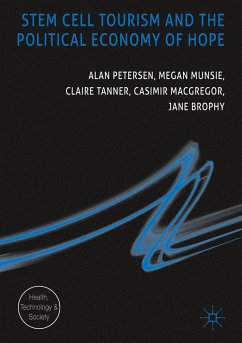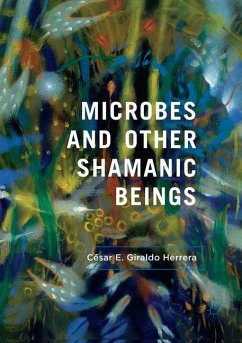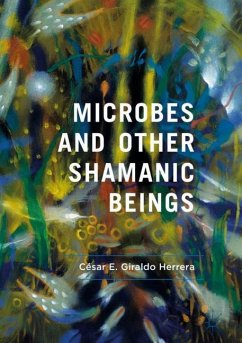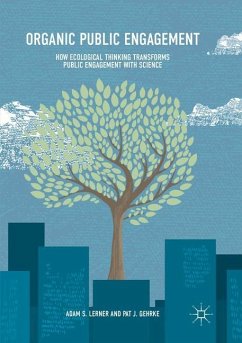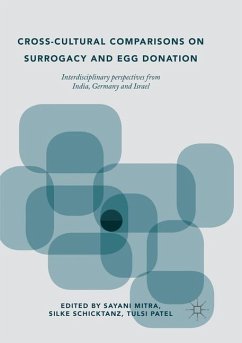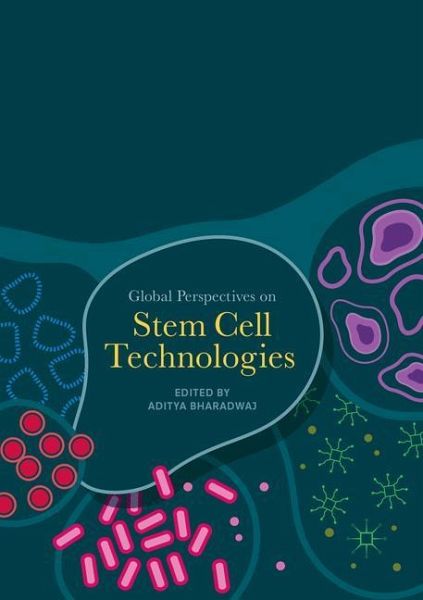
Global Perspectives on Stem Cell Technologies
Versandkostenfrei!
Versandfertig in 6-10 Tagen
76,99 €
inkl. MwSt.

PAYBACK Punkte
38 °P sammeln!
This book takes as its point of departure a humble cell lying on the intersection of ideas as diverse and yet interlaced as life, knowledge, commerce, governance, and ethics. It seeks to deepen the understanding of stem cell entities and the concerns, hopes, and aspirations that shape and make them viable therapeutic entities in the context of rapid globalization. Several key intersections between individual, group, and institutional relationships have become central to locating and debating the production of stem cells today.This edited collection addresses three overarching concerns: regener...
This book takes as its point of departure a humble cell lying on the intersection of ideas as diverse and yet interlaced as life, knowledge, commerce, governance, and ethics. It seeks to deepen the understanding of stem cell entities and the concerns, hopes, and aspirations that shape and make them viable therapeutic entities in the context of rapid globalization. Several key intersections between individual, group, and institutional relationships have become central to locating and debating the production of stem cells today.
This edited collection addresses three overarching concerns: regenerating the notion of ethics, the emerging therapeutic horizons, and the position of the patient. As a whole this book seeks to explain how stem cells are accommodated, contested, and used in contemporary India and around the globe through an informed unpacking of issues underpinning contestation and promotion bestriding these technological developments.
The authors offer atruly multi-disciplinary perspective, stimulating conversation between the social sciences, biological sciences and the patient. The concerns expressed and highlighted by these conversations are embedded in a vast geo-political expanse stretching from India to Euro-America and will be of great interest to academics and practitioners across fields including science technology studies, medicine and international development.
This edited collection addresses three overarching concerns: regenerating the notion of ethics, the emerging therapeutic horizons, and the position of the patient. As a whole this book seeks to explain how stem cells are accommodated, contested, and used in contemporary India and around the globe through an informed unpacking of issues underpinning contestation and promotion bestriding these technological developments.
The authors offer atruly multi-disciplinary perspective, stimulating conversation between the social sciences, biological sciences and the patient. The concerns expressed and highlighted by these conversations are embedded in a vast geo-political expanse stretching from India to Euro-America and will be of great interest to academics and practitioners across fields including science technology studies, medicine and international development.




